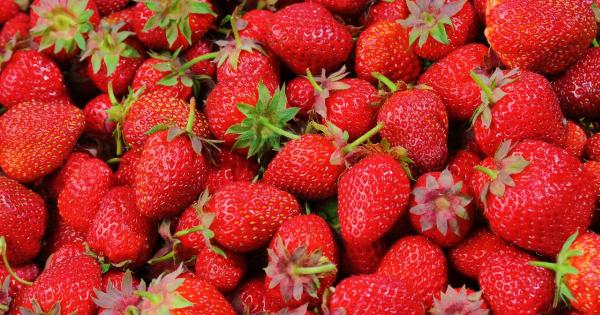Red meat has been a staple in many Western diets for centuries. However, in recent years, health experts have started to caution people about the potential dangers of consuming too much red meat.
A serving of red meat can be delicious and satisfying, but it can also have a significant effect on your health. Here are some reasons why you might want to cut back on your consumption of red meat.
Higher Risk of Heart Disease and Stroke
Studies have shown that individuals who consume more red meat are at a higher risk of developing heart disease and stroke. This is because red meat is high in saturated fats, and these fats can clog up your arteries over time.
When your arteries are blocked, blood flow is restricted, which can lead to heart attacks and strokes. If you want to keep your heart healthy, it’s recommended that you limit your red meat intake.
Possible link to Cancer
Research has also suggested that there may be a link between consuming large amounts of red meat and certain types of cancer. Studies have found that the risk of developing colon cancer, for example, is higher for people who consume more red meat.
While the exact reason for this link is not yet fully understood, it’s thought that the compounds found in red meat may damage the lining of the colon over time, increasing the risk of cancer developing.
Impact on the Environment
While it’s important to consider the health effects of consuming too much red meat, it’s also essential to think about the impact of this meat on the environment.
Raising cows and other livestock for meat production requires a lot of resources, including water, land, and feed. This can result in deforestation, soil depletion, and water pollution. If you want to do your part to protect the environment, reducing your red meat intake is a positive step to take.
High Levels of Toxins
In addition to being high in saturated fats, red meat can also be high in toxins. This is because livestock animals can accumulate toxins such as mercury and arsenic from their feed and the environment.
These toxins can remain present in the meat even after it has been cooked, which means that consuming too much red meat can expose you to these harmful substances. By reducing your red meat intake, you can limit your exposure to these toxins and help protect your health.
Alternatives to Red Meat
If you’re looking to reduce your consumption of red meat, there are plenty of alternatives available that are just as nutritious and satisfying.
Plant-based sources of protein, such as beans, lentils, and tofu, are excellent options that can provide the same benefits as meat without the negative health effects. Other protein sources such as fish and poultry can also be consumed in moderation as healthier alternatives to red meat.
Conclusion
While red meat can be a delicious and satisfying addition to many meals, it’s essential to consume it in moderation to protect your health.
By reducing your intake of red meat, you can lower your risk of developing heart disease and stroke, decrease your exposure to harmful toxins, and even help protect the environment. With so many healthy and delicious alternatives available, reducing your red meat intake is a simple and easy way to improve your overall well-being.
























